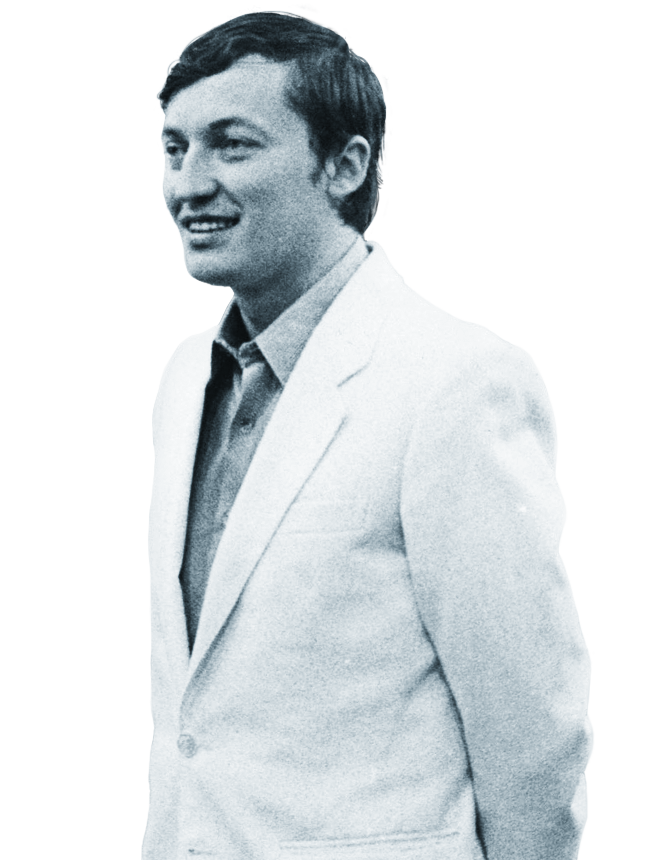Michael Botvinnik
Biography (1911–1994)
The sixth World Chess Champion (1948–1957; 1958–1960; 1961–1963), the "Patriarch of the Soviet Chess School". Botvinnik played for the Soviet Olympiad team from 1954 to 1964, and the team won gold medals each of those six times.Started to play chess at the very beginning of the Soviet “Chess fever” in 1924–25, Botvinnik became the chess master at 16 and the Soviet chess champion at 20. At the strongest international tournaments in the middle/end of 1930s, he entered the world chess elite. At the same time, he acquired the specialty of an electrical engineer and defended his thesis. His challenges to Alekhine for a match failed twice: in 1939/40 because of WWII and in 1946 because of Alekhine’s death. But in 1948 Botvinnik has won the match-tournament of five strongest World players and became the world champion. He later “loaned” his title twice (to Smyslov in 1957 and Tal in 1960), but returned it in rematches (1958 and 1961). After losing Petrosian (1963) Botvinnik focused on the problem of chess and the computer, trying to create an "electronic grandmaster"
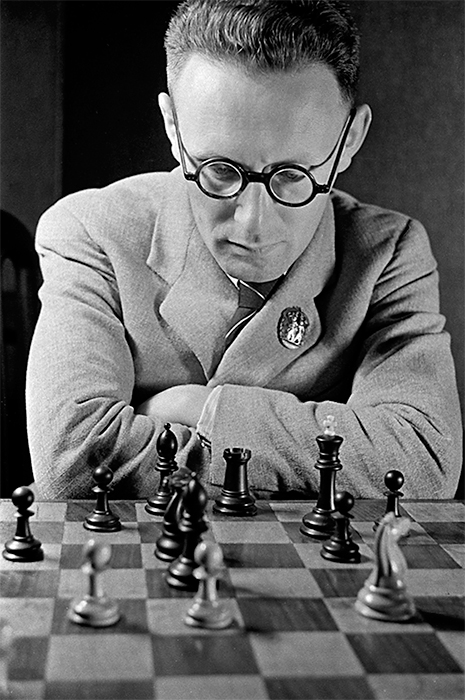
Want chess advice?
On Botvinnik
Tigran Petrosyan
We all consider ourselves students of Botvinnik, and future generations will learn from his games
Garry Kasparov
Botvinnik was undoubtedly one of the greatest champions, a genuine innovator who created an entire era in chess. His style was one of deep strategy, based on serious opening and psychological preparation, fine technique and accurately regulated positional and combinative decisions
Vladimir Kramnik
Botvinnik certainly was a new era in chess. I`d call him the first real professional, who understood that the result in chess depends not only on skillful playing. He was the first to reflect on complex preparing for competitions: not only openings, but also sleep, regimen, physical readiness – in that he was certainly a pioneer
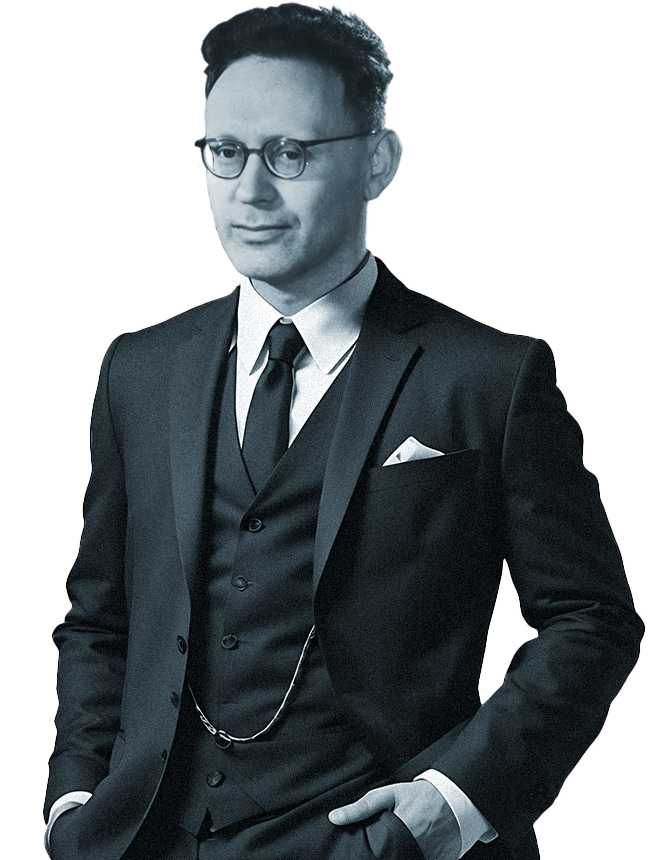
Want more?
Read Botvinnik books
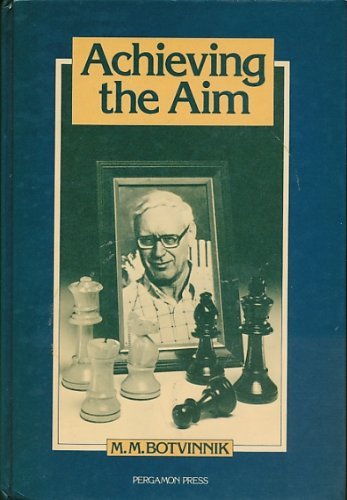
Achieving the Aim
1981
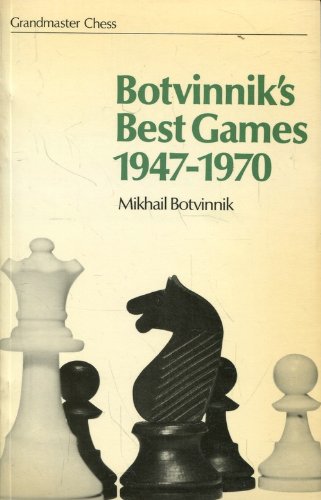
Botvinnik’s best games, 1947—1970
1977
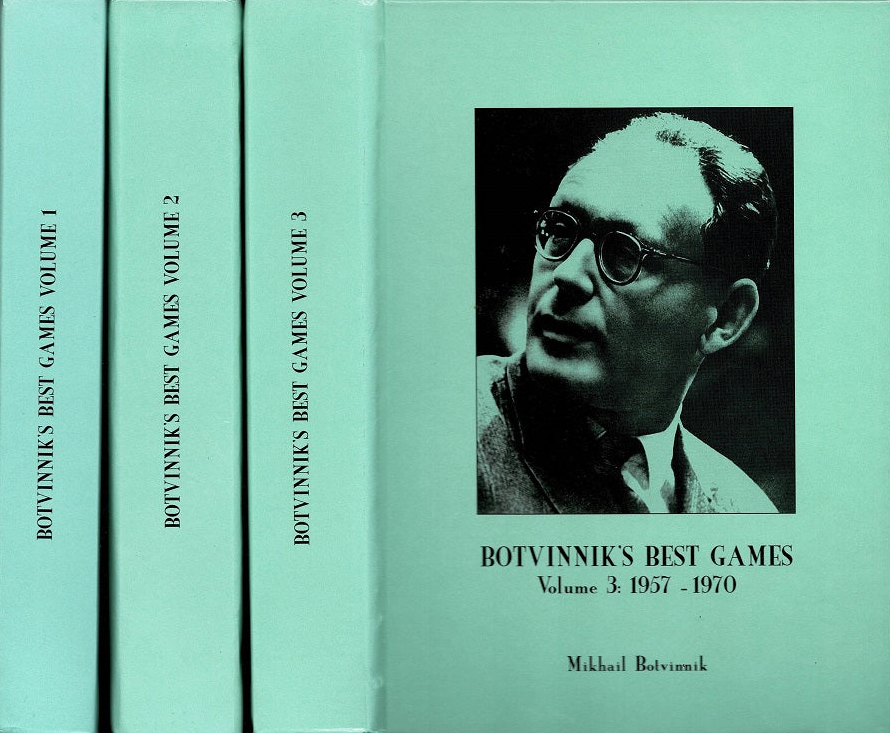
Botvinnik's Best Games. Volume 1: 1925–1941. Volume 2: 1942–1956. Volume 3: 1957–1970 & Analytical & Critical Works
2000

.png)
.png)
